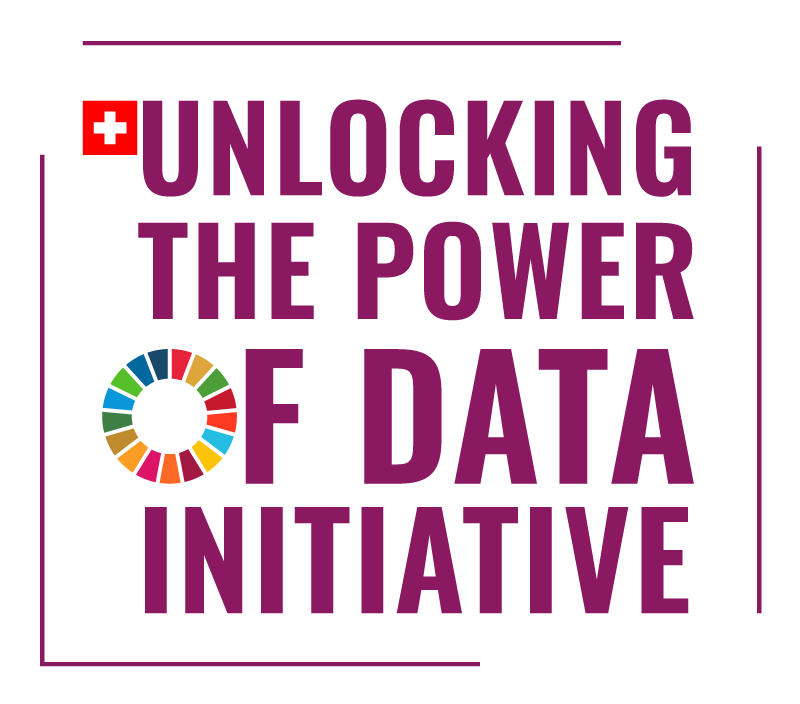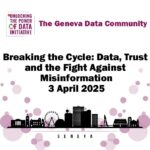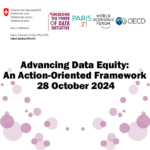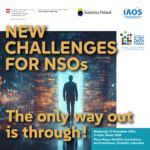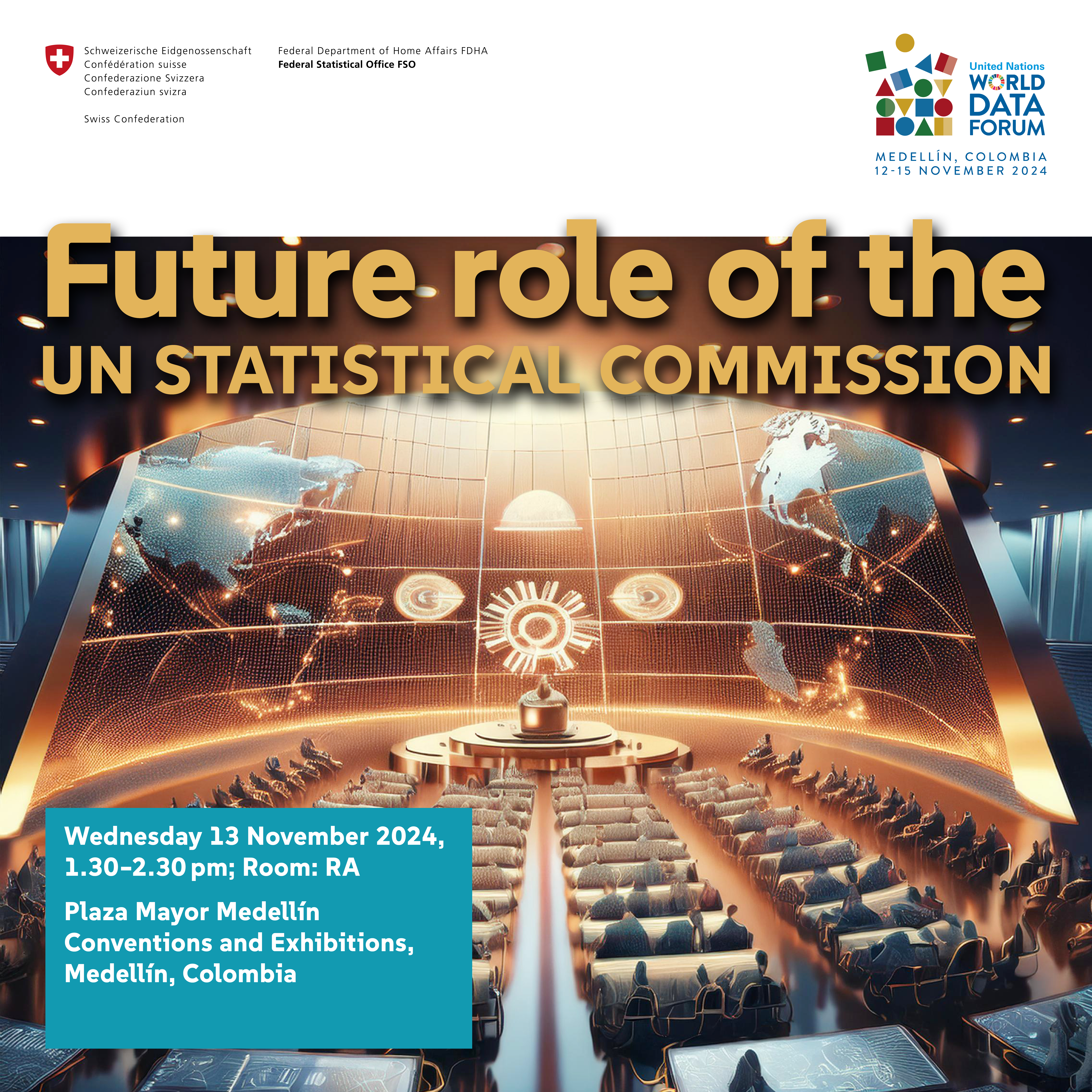Background
Without quality, timely, relevant, open and disaggregated data, the Sustainable Development Goals (SDGs) will simply remain unattainable. Indeed, to achieve the SDGs, good government policies are required, as much effort still needs to be made. Good policies need good data and statistics so we know where we stand, can monitor progress and achieve targets. Therefore, reducing poverty, addressing health crises, developing economic opportunities or mitigating the effects of climate change have all one thing in common. Data and statistics provide the foundations for effective evidence-based decision-making to help tackle these challenges. The Cape Town Global Action Plan for Sustainable Development Data (CTGAP) stressed in 2017 that the funding of national statistical system’s modernisation efforts is essential to the full implementation of the 2030 Agenda. The 2018 Dubai Declaration and more recently the 2021 Bern Data Compact for the Decade of Action on the Sustainable Development Goals reiterated the urgency to implement the CTGAP through strengthened partnerships and financing.
Despite this, funding for data and statistics fell by nearly 16% in 2020[1], a record-breaking decline in the Sustainable Development Goal (SDG) era. This shows that support for data and statistics remains low on the priority list of donors. Yet, we are almost halfway to the 2030 Agenda and, as the Bern Data Compact highlighted, data investments are urgently needed to address the large data gap in informing the implementation of the agenda.
In addition, digitalization has increased data flows and offers many opportunities for new timely data. However, the promise of these new data sources can only be fulfilled if national statistical offices are able to access, assess and make use of them. New data consequently makes investing in national statistical systems even more necessary.
The 2030 Agenda for Sustainable Development or the COVID-19 pandemic are two recent examples that have bolstered recognition and support for data and statistics. These are yet to be transformed effectively into increased resources dedicated to data and statistics to provide the necessary tools to address, not only these challenges, but also the upcoming crises that our world will face.
Workstream description
The Financing Data workstream will showcase the role and importance of data and statistics to achieve policy targets, such as the Sustainable Development Goals (SDGs). It will confront policy-makers with real-life successes, building trust and understanding in statistical practices to place data and statistics at the heart of policy-making.
The events and activities will build upon the existing initiatives, such as the Bern Network and its Clearinghouse for financing development data, and create synergies between partners to amplify the message.
Logical framework
The “logical framework approach” is an analytical process and set of tools for project planning and management. It involves objective and strategy setting, an intervention logic and is used to implement, monitor and evaluate projects. The initiative’s full framework is available here.
| Unlocking the Power of Data Initiative impact: Decisions and discussions are made and conducted based on facts. |
| Workstream 2 outcome: More and better financing is allocated to data and statistics. |
|
|
|
Partners
PARIS21, Bern Network. Further partners will be added as the activities are confirmed.
[1] The PARIS21 Partner Report on Support to Statistics 2022, page 9. Available here: Financing report
